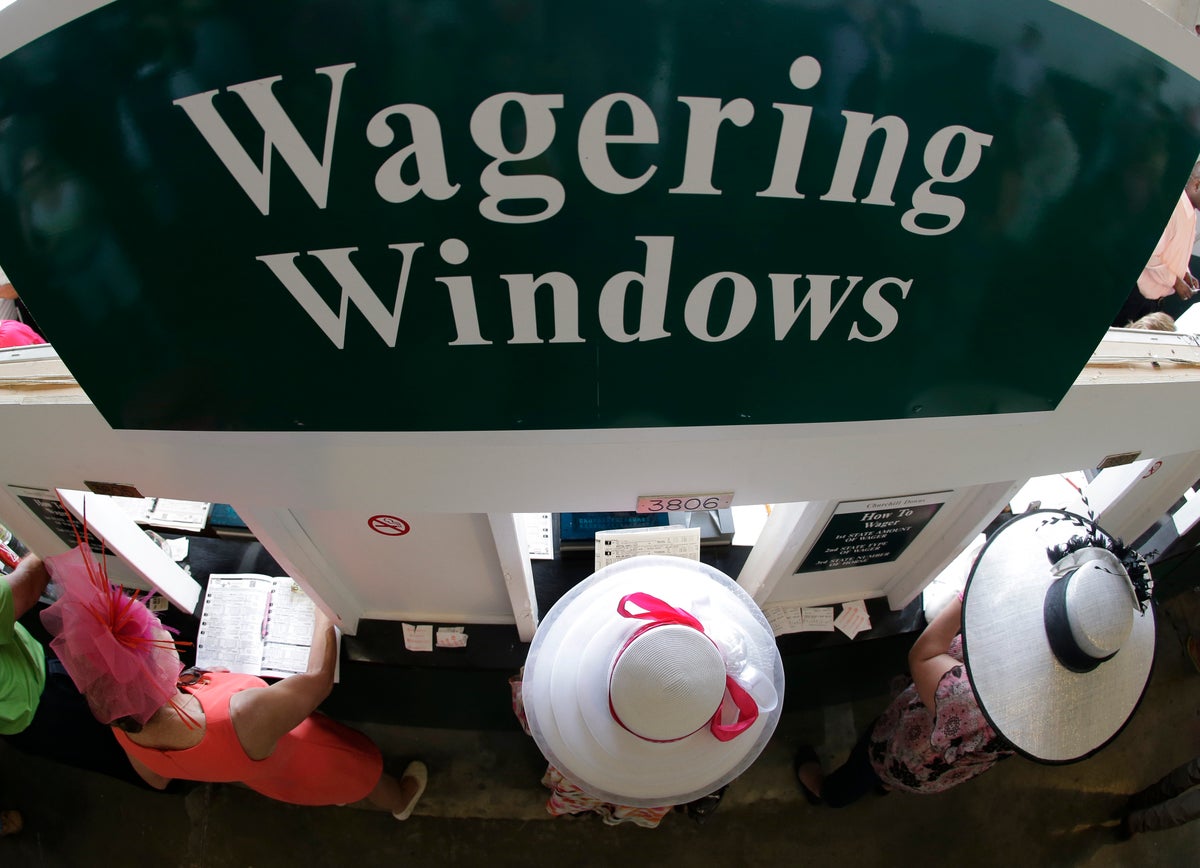
A bill to legalize sports betting in Kentucky won final legislative approval Thursday, clearing the last hurdle in the Senate after days of uncertainty over whether backers could muster enough support.
With only hours left in this year's legislative session, the Republican-dominated Senate passed the measure 25-12, sending it to Democratic Gov. Andy Beshear, who has supported the issue.
“We love our sports in the commonwealth,” Senate Majority Leader Damon Thayer said in promoting the bill during debate. “And people want to be able to make the choice — of their own free will — to make a wager on a sports event, like almost all of our surrounding states.”
The bill's fate had loomed as one of the biggest uncertainties heading toward the conclusion of the 30-day legislative session. Supporters needed a minimum of 23 votes to pass it because it’s a revenue-producing bill in a non-budget year. The Senate ultimately decided to allow residents in the state that’s home to the Kentucky Derby to legally wager on other sporting events.
Opponents called sports betting a highly addictive form of gambling that would hurt families.
Sports wagering in Kentucky is estimated to generate about $23 million a year in tax revenue and licensing fees. It would allow Kentucky’s horse racing tracks to be licensed as sports betting facilities for a $500,000 upfront fee and an annual renewal cost of $50,000.
Participating tracks could contract with up to three service providers for sports wagering services at the track itself, or through online sites and mobile applications. Service providers would have to pay $50,000 for an initial license and $10,000 a year to renew.
The Kentucky Horse Racing Commission would regulate sports wagering operations.
Revenue from taxing such wagering would cover regulatory costs. A percentage of the revenue would go to a fund focused on dealing with problem gambling. Leftover revenue would go to the state public pension system.







